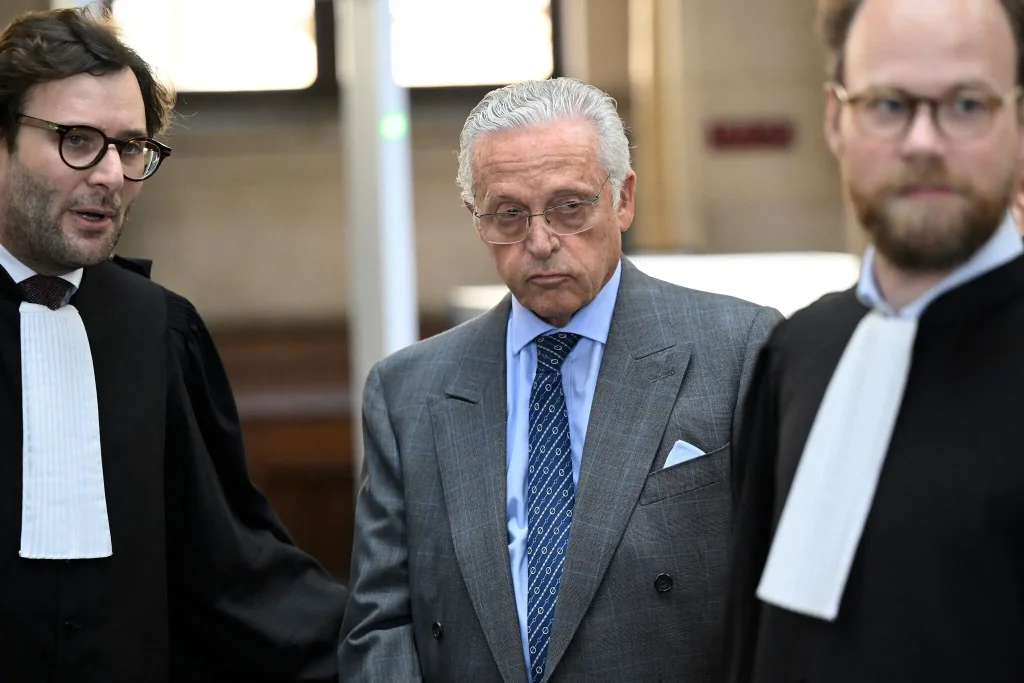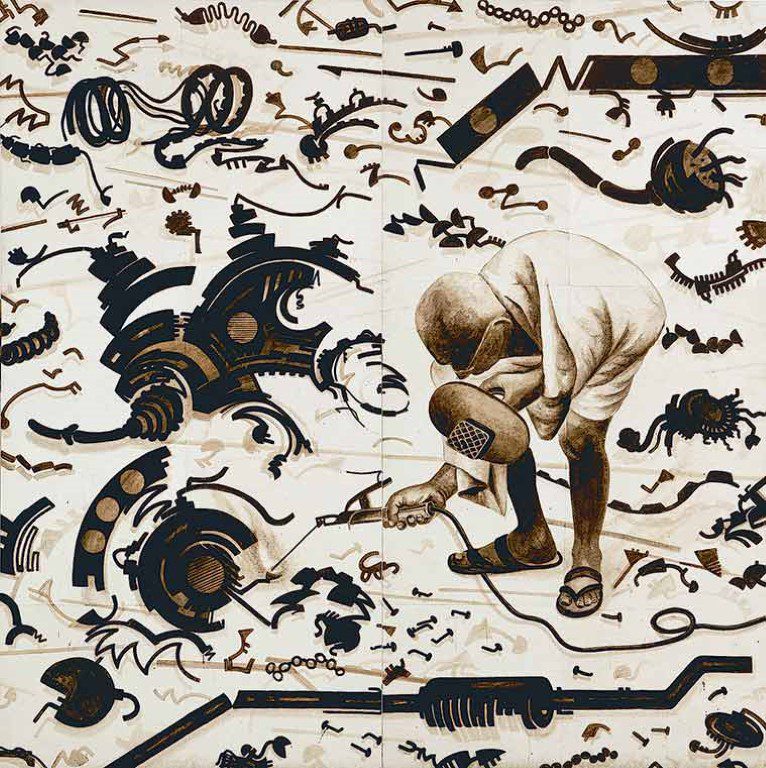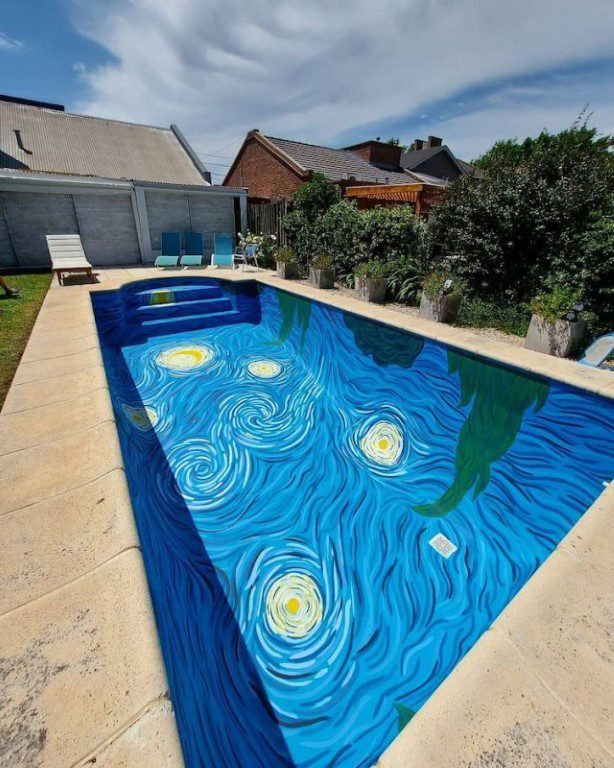Introduction
In a dramatic conclusion to a protracted legal saga, Guy Wildenstein, the billionaire gallerist and head of one of France’s most prominent art-dealing families, has been convicted of tax fraud. The verdict, delivered by the Paris appeals court, marks the culmination of years of accusations and investigations into Wildenstein’s alleged efforts to conceal valuable artworks from tax authorities.
Verdict and Sentencing: A Four-Year Prison Sentence
The 78-year-old president of Wildenstein & Co. in New York has received a four-year prison sentence, with half of the term suspended. Additionally, Wildenstein has been ordered to pay a hefty 1 million euro fine ($1.08 million). The ruling follows allegations that he hid masterpieces from his collection to evade hundreds of millions of euros in inheritance taxes.
Years-Long Legal Battle
The legal battle surrounding Wildenstein has been ongoing for years. In 2017, he was acquitted of tax fraud and money laundering charges related to allegations of concealing high-value art and assets inherited from his father. However, the ruling was overturned by a French appeals court in 2021, leading to the recent conviction.
The Wildenstein Dynasty: Art Dealing and Secrecy
For five generations, the Wildenstein family has been synonymous with art dealing, operating with unparalleled secrecy in France. Their collection reportedly includes works by esteemed Old Masters such as Caravaggio and Fragonard, making it one of the world’s most valuable art collections.
Revelations and Lawsuits: Shedding Light on Family Dealings
A pivotal moment came in 2011 with the implementation of a new law requiring French citizens to disclose assets held in foreign trusts. This legislation, coupled with lawsuits filed by disgruntled family members, brought the Wildenstein family’s dealings under intense scrutiny. These legal battles, often stemming from messy divorces and inheritance disputes, shed light on the family’s intricate financial manoeuvres.
Sophisticated Tax Fraud: Scattered Assets and Secret Storage
Prosecutors have described the Wildenstein family’s tax fraud scheme as “the longest and most sophisticated” in modern French history. Central to their strategy was the strategic dispersal of assets across multiple countries, shell corporations, and seemingly innocuous storage facilities. These locations included a nuclear bunker in the Catskill Mountains, a former fire station in New York, and various sites in the Bahamas and the Channel Islands.
Whistleblower Allegations and Defense Claims
The initial charges against Wildenstein were spurred by information leaked to authorities by Daniel Wildenstein’s widow and Guy’s stepmother, Sylvia. In his defense, Wildenstein claimed to have inherited a modest sum following his father’s and brother’s deaths, failing to disclose the extent of his assets, which allegedly included vast properties, artworks, and even a wildlife sanctuary in Kenya.
The conclusion of Wildenstein’s legal battle marks a significant moment in France’s art world, underscoring the intersection of wealth, secrecy, and legality in the realm of high-stakes art dealing.
Feature image: Guy Wildenstein, center, arriving at the Palais de Justice in Paris last year| Courtesy: Julien De Rosa/Agence France-Presse — Getty Images
11 of the Most Shocking Instances of Tourists Damaging Artworks Because of a SELFIE!





